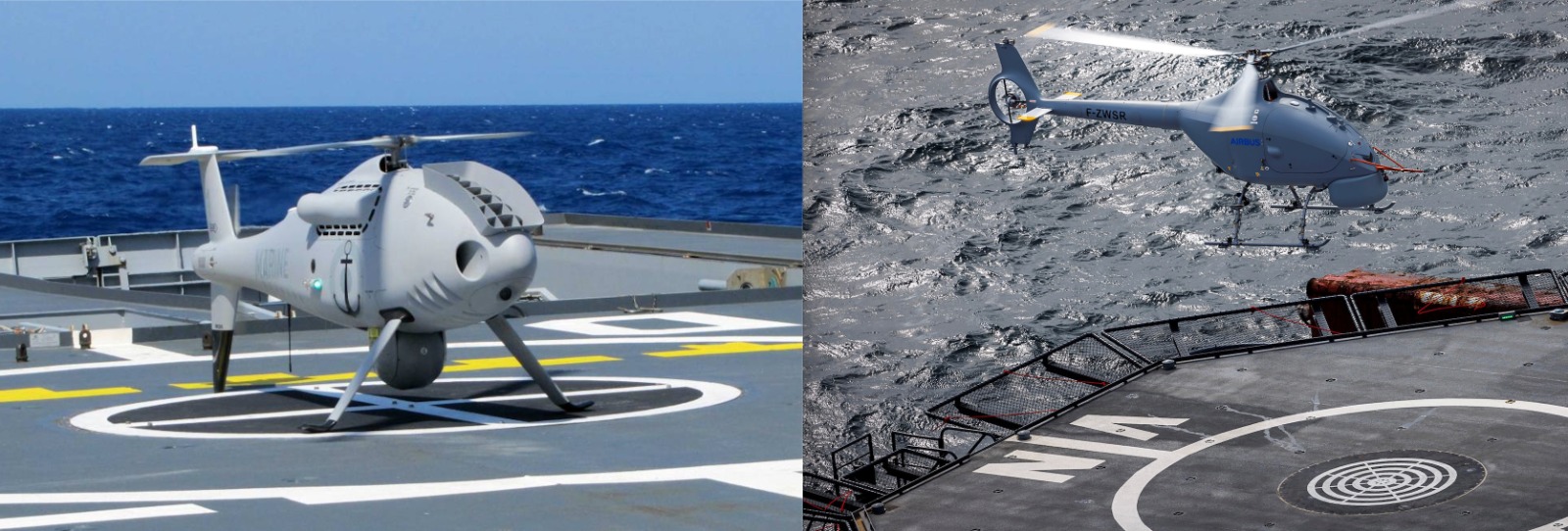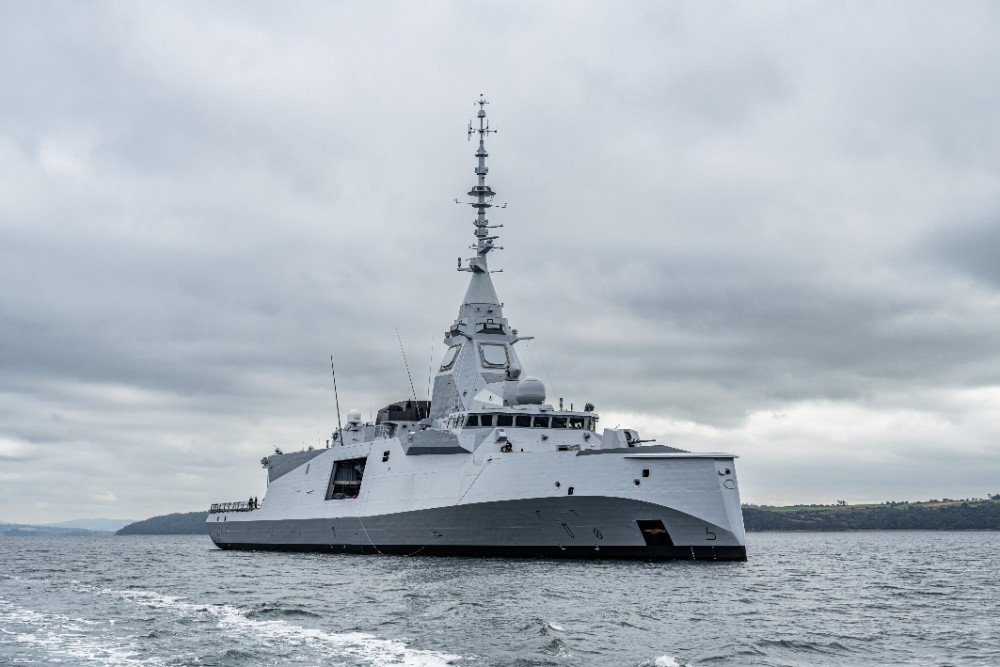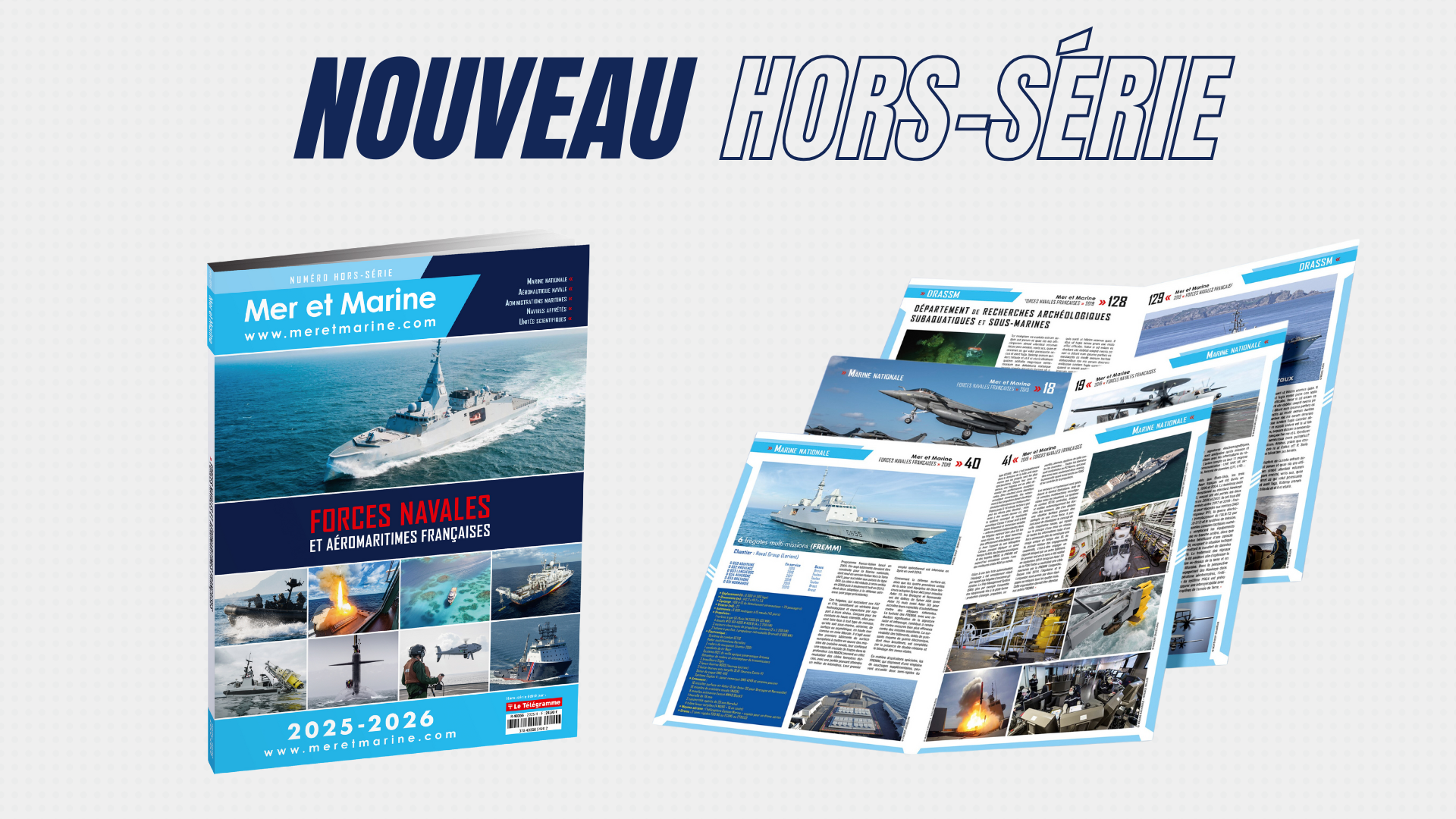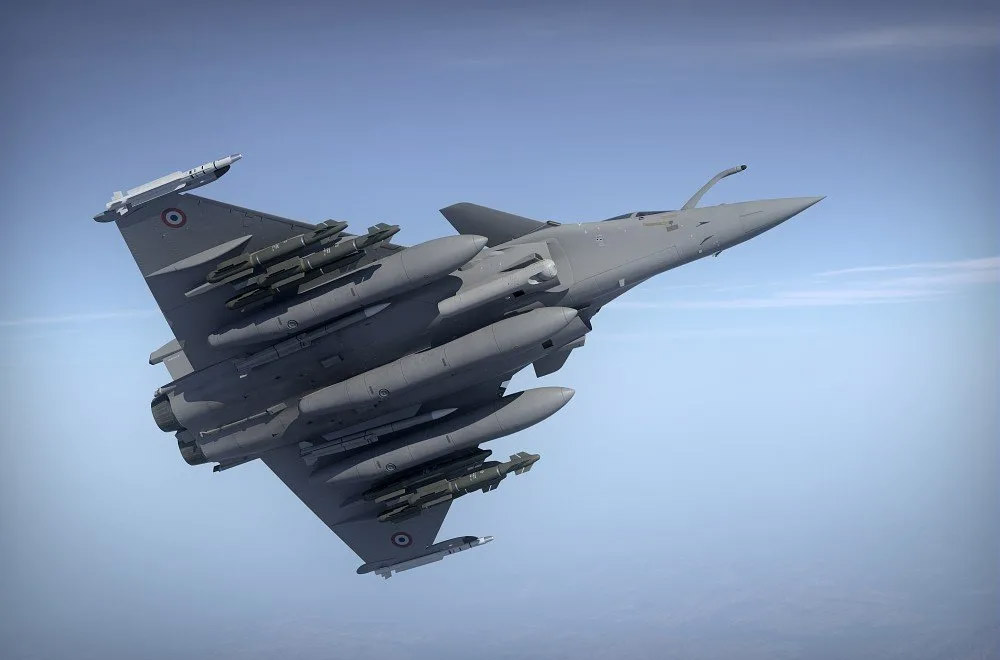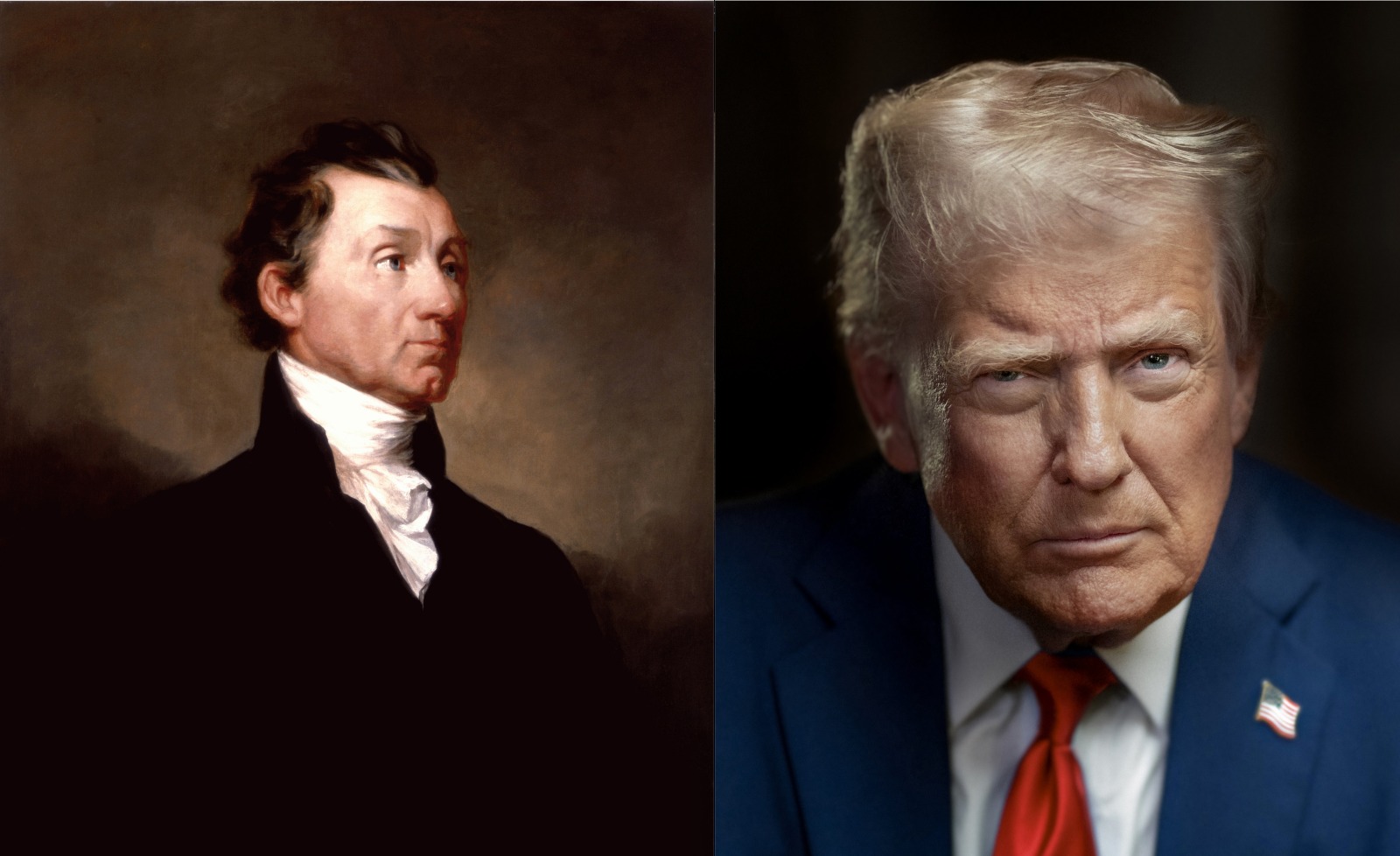Edition anglaise

November 2007 - n° 702
The Atlanticist-Occidentalist option - Hubert Védrine
Extracts concerning NATO from the report by Mr Hubert Védrine, formerly Minister for Foreign Affairs, on France and globalisation, addressed to the President of the Republic on 4 September 2007 (www.elysee.fr).
The future NATO - Jean Dufourcq
The NATO of the future will have to take account of the demanding situations that it has lived through in recent years and that, despite its ongoing desire for change, have to some extent clouded its outlook. These challenges have been operational, organisational and political. There is nothing really new in this, but the current juxtaposition of these challenges threatens to weaken the Atlantic organisation that emerged from the Cold War, perhaps even calling into question its very foundations. It is also time for France to regularise its military position within the Alliance.
NATO, November 2006 to August 2007 - Olivier Kempf
The Riga summit demonstrated a degree of Atlantic Alliance confusion that has increased since February, mainly because of Mr Putin’s attitude. Nonetheless, the NATO mechanism has continued to work, whether it is a matter of operations or of other issues. The question of France’s relationship with NATO has evidently been affected by the spring election results, even if that is still not very obvious. But the main issue remains Afghanistan: the transformation of the Alliance is actually taking place there.
Energy security: is there a role for NATO? - Jamie Shea
Energy security is one of the international community’s current concerns. Two aspects are attracting special attention: dependence on gas and oil imports and the vulnerability of the infrastructure. In both of these, the Alliance can provide help.
What remains of transformation? - Marc Humbert
After six years of transforming US forces while fighting a war in Iraq, Mr Rumsfeld has resigned and the time has come for a first evaluation of the transformation enterprise. The dream of disruptive innovation and of a rapid change of mentalities towards a seamless Big Joint has given way to a venture generating capabilities under the spell of technology. Training and integration of new capabilities have thus replaced concept development and experimentation in the transformation business model, while the progress of Interagency strikes a hopeful note for the resolution of future crises.
NATO and France in Afghanistan - Vincent Kytspotter (de)
France is heavily involved in Afghanistan alongside its US and European allies. A number of strategic interests, in particular transatlantic solidarity, justify this involvement, which is both recognised and wanted. While the Afghan theatre seems to be a mix of politico-military problems and an unprecedented test-bed for the Atlantic Alliance, France may create strategic surprise by now favouring an interministerial approach, which it sees as the only real key to success.
Pakistani-Afghan uncertainties - Alain Lamballe
Report on a lecture arranged by the Committee for National Defence Studies on 27 June 2007 and given by Brigadier Alain Lamballe.
Resurgence of the Russian question, return of the European debate - Olivier Kempf
‘To keep the Americans in, the Russians out and the Germans down’ was how Lord Ismay, the first Secretary General of NATO, defined the purpose of the organisation. That was in the 1950s, and everyone considers that this view belongs to the past. Everyone that is, except the Russians, who continue to believe that NATO seeks to exclude them. Whether sincere or calculated, this attitude has in any event coloured the year 2007 to the point where we can speak of a return of the Russian question in Europe, and hence of the European question in American strategic priorities. But was this Moscow’s objective?
Missile defence - Denis Le Fers
France, which has been involved in a theatre missile defence programme for several years, is taking a cautious approach over the introduction of a system to protect the territory and populations of NATO. US plans to set up anti-ballistic missile systems in Central Europe have disrupted the approach decided at the Riga summit. France will therefore have to decide on whether to participate in any NATO programme to complement the US system.
Missile defence–the need for a common European initiative - Edward O'hara
After a review of the global threat from ballistic missiles, the author examines the US Ballistic Missile Defence System (BMDS). The various positions in Europe (NATO, the EU, Britain, France, Germany and Russia) are presented. Concerned at the possibility of a new arms race, the author puts forward the WEU Parliamentary Assembly’s recommendations, which constitute the beginnings of a common European strategy.
A European missile defence - Alain Charmeau
The US missile defence shield in Europe has in just a few months become a subject of public debate, of contradictory statements, and has even gone as far as a geopolitical confrontation. Yet behind the media hype work has been under way on technical and operational issues that have raised the politico-military questions now in the public domain. It is worthwhile looking at some of this technical information in order to clarify the debate. For example, to understand the multinational dimension of a battle which could take place above European territory without any consultation between governments being possible in real time. Plans for this type of defence are under way now. It can be controlled as long as Europe has the will to expend a little effort to understand it, to be involved in it and to bring to it what will probably be a very timely contribution for the continent.
Security trends in Latin America - Richard Narich
This article looks at an aspect of Latin America that does not receive enough attention in France: security. Relatively peaceful until the 1950s, this region suffered the repercussions of US-Soviet rivalry during the Cold War. Following the wave of democratisation in the 1980s, it faced three security challenges: consolidating peace; promoting and consolidating democracy; and dealing with the ‘new threats’. This last task, the most difficult of the three, today comes up against US-Latin American divergences of view.
US policy on Latin America during the Bush administration - Cristina Lopez
The Bush administration’s foreign policy agenda for Latin America is ambiguous, both tending to partnership and distancing itself from its southern neighbours. Rapprochement stems from a wish for real partnership in the fight against global terrorism and a dependable supply of hydrocarbon fuels; and distance results from the failure of the plan for a continent-wide free-trade area and concern over immigration seen in the taxation of immigrants and the building of a barrier along the border with Mexico.
The Islamic Republic of Iran - Fadi Assaf
The Islamic Republic of Iran judges the regional and international context favourable to the strategy of ‘asymmetric deterrence’ which protects its nuclear programme. In the eyes of the Iranian leadership, the ‘declarations of war’ made by the Western powers are part of a psychological war, and these powers are ‘deterred’ from conducting preventive operations to halt or retard the Iranian nuclear programme. Washington, Tel Aviv and Paris, and with them the international community, are exposed to the Iranian war and terror machine. Will ‘deterrence’ work though, if Iran maintains its nuclear ambitions? The international community will continue to consider the problem in the form of a ‘profit and loss’ operation before Iran actually develops a nuclear weapon and is able to operate full nuclear deterrence.
A different strategy for Europe - Irnerio Seminatore
This article analyses the systemic, geopolitical and strategic implications of recent changes in the world and suggests the elements of a European global strategy. Identifying the Indian Ocean as the ‘geographical fulcrum of the twenty-first century’, the author believes the region is an unnoticed but vital space where Europe must be present. Europe’s political unity, he maintains, will not happen peacefully or through consensus, but of necessity and via an alliance of ‘volunteers’. It will be more Bismarckian than federalist.
Cyberconflict: towards the first cyberwar - Laurence Ifrah
In recent months the information systems of Western countries have been the victims of virulent attacks emanating from the People’s Re-public of China. Whether organised by the People’s Liberation Army or not, there is no doubt that they come from high-level hackers with considerable technical and financial resources, backed up by detailed information on the infrastructure of their targets. These intrusions are complicated to achieve and cannot be improvised. It is much more difficult to launch an attack with the aim of gathering confidential or classified information than to destroy enemy servers, as was the case in Estonia.


